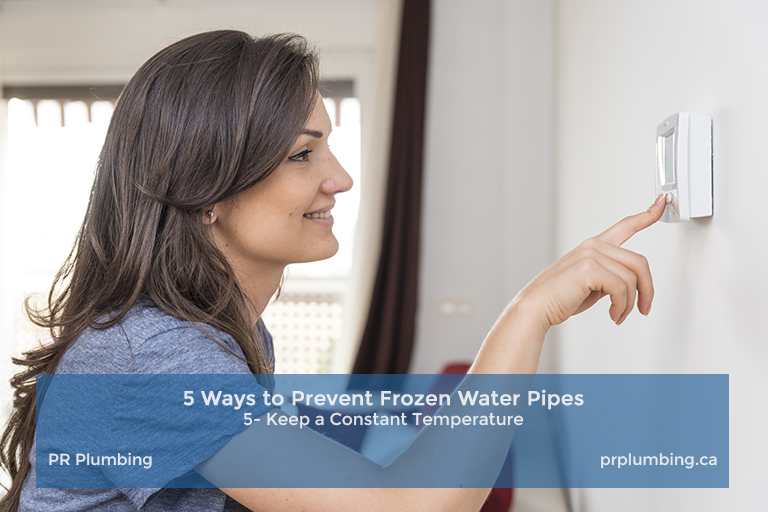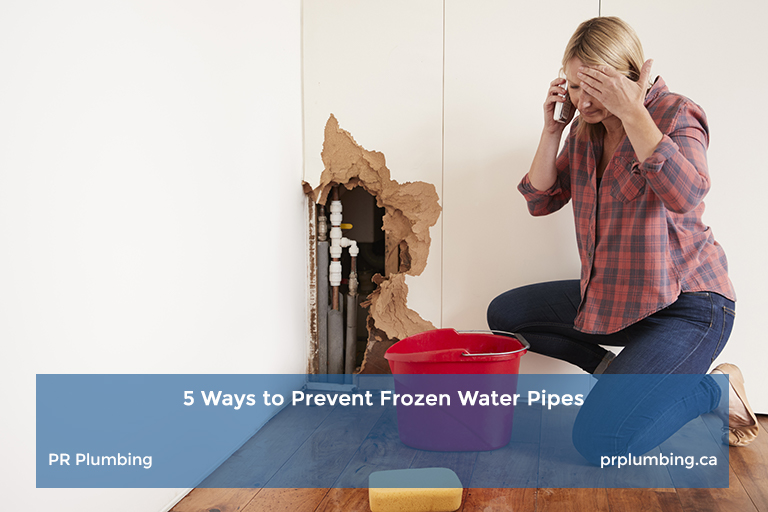Here’s your guide to reducing the risk of your pipes freezing.
1- Prepare Before You Leave
Prevention is better than cure. Before going on vacation, turn off the main water supply in your house so that you won’t return to a flooded house. Turn off the hot water tank’s inlet valve, connect a hose to the tank drain, and run the water into the basement floor drain. Disconnect your washing machine’s hoses and drain them. Lastly, open interior doors so warmer air can circulate.
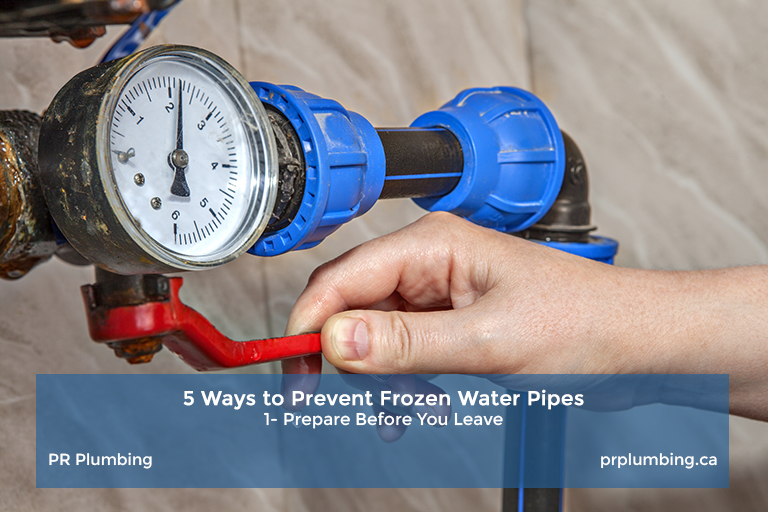
2- Let Faucets Drip
This may sound counterintuitive if you’re trying to save money, but this tip can prevent frozen water pipes which may end up costing you more. It is not necessary to turn off all the faucets in your home. Find out which ones are fed by exposed piping first. If you’ve narrowed it down, you should leave these few faucets on during particularly freezing temperatures. Even a trickle of running water carries more energy than water that is still. A small amount of heat is produced by the friction created by moving water and it is more difficult to freeze than standing water. The movement will help prevent ice blockages from forming in your plumbing.
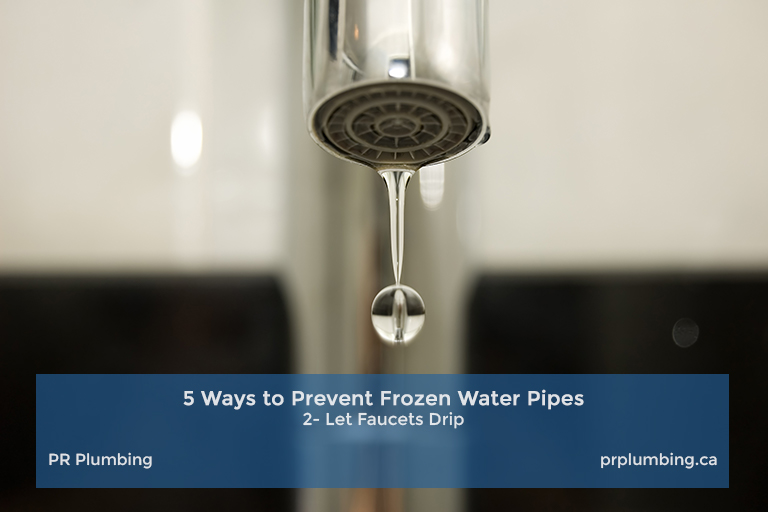
3- Drain Excess Water
Having too much water in your pipe system is one of the most common hazards for your plumbing pipework. This method is more complex than leaving the faucet on a slow drip. The water can be drained from your pipes if a professional plumber connects a hose to a sill cock or basement faucet and opens faucets and flushes toilets one by one, starting on the top floor and working their way down. Toilet tank covers are typically removed so that the water drains completely.
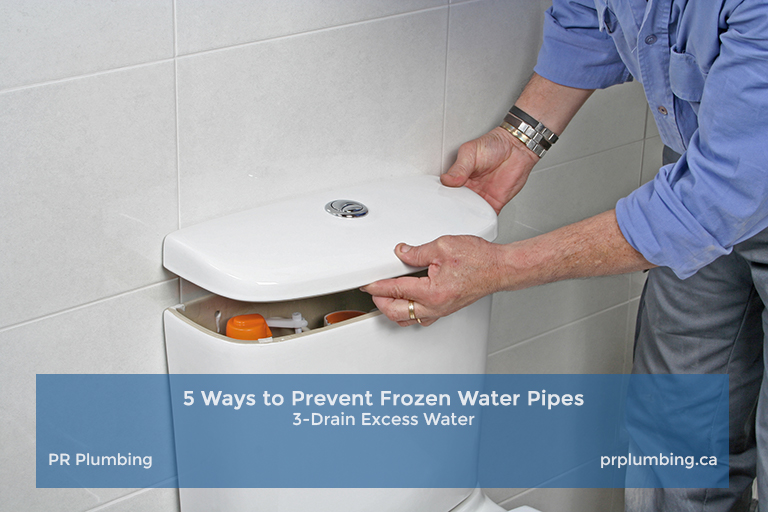
4- Insulate Your Pipes
In areas of your home that are colder, such as the garage or the basement, insulating your pipes is crucial. You should also consider insulating your bathroom and kitchen pipes as well. If you want to do this, you can either wrap them in slip-on foam pipe insulation or install a heat cable that runs along them. Both options require items that you can easily find at a hardware store, and you can complete the task by yourself.
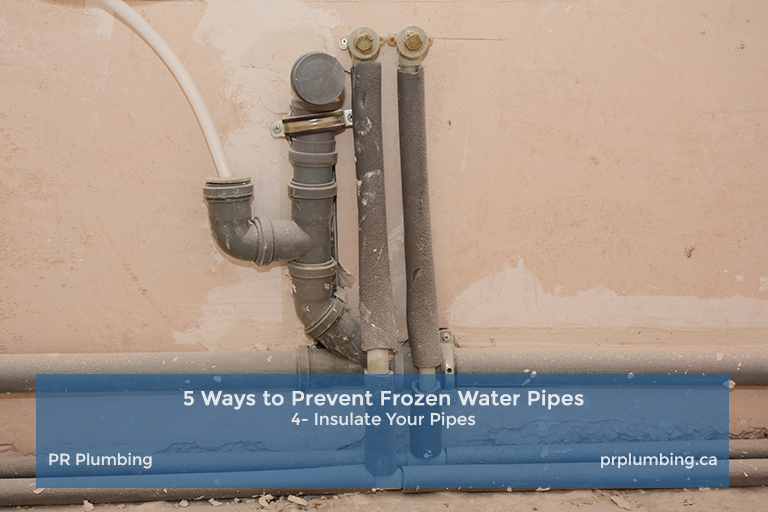
5- Keep a Constant Temperature
You may want to maintain a steady temperature in your home after your pipes have been properly insulated, to reduce the chance of water freezing in the pipes. Set your thermostat to keep your home warm even if you’re out for the day. There is nothing worse than discovering that an attempt to cut your heating bill has led to a burst pipe when you get home after a long day at work.
